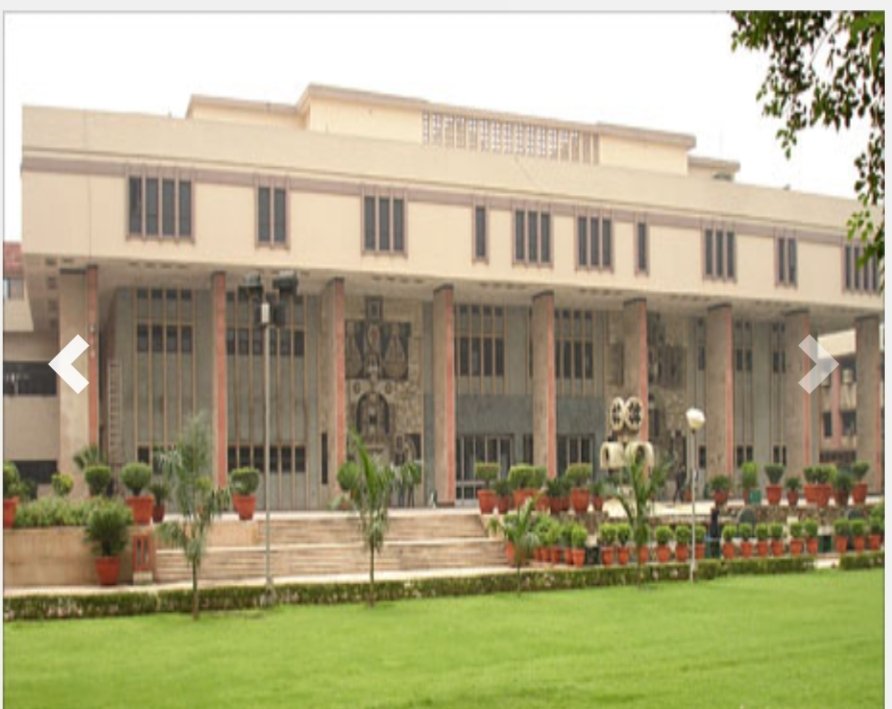The Delhi High Court granted an interim injunction restraining the unauthorised streaming of Zee Entertainment Enterprises Limited’s television shows and films. This landmark ruling in Zee Entertainment Enterprises Ltd. v Bollyzone.TV, demonstrates the court’s commitment to protecting intellectual property rights in the digital age.
Case Background
Zee is a pioneer in broadcasting, production, film studios, and their digital streaming platform. Zee5, the OTT platform owned by Zee, generally targets viewers with original programming and content diversity. The plaintiff filed the suit against 60 such rogue sites suspected of illegally hosting, streaming, or distributing their copyrighted works.
Zee contended that the defendants had, in a calculated attack, committed several violations against their distribution and broadcasting reproduction rights, as safeguarded by the Copyright Act, 1957 (“Act”). The violations in question included the unauthorized public exhibition of cinematograph films within the meaning of Section 14(d) of the Act and broadcast reproduction rights under Section 37 of the Act. Zee seeks a permanent injunction, rendition of accounts, and damages for loss of revenue and reputation.
Degree of Piracy
The conduct of the defendants was held with clear evidence showing systematic piracy. These rogue websites have concealed their real or apparent identities, riding on the anonymity offered by the internet to avoid coming under the purview of the law. Their main modes of operation have included unauthorized streaming of Zee5’s popular television shows and films and generating money from advertisements and other sources.
The actions of the defendants have embroiled Zee in an ongoing situation of loss of income, as well as theft, which has blatantly diminished their intellectual property rights. The process of locating the operators of these websites has not been an easy one due to the distortion or hiding of information from the public, thereby making enforcement difficult.
Plaintiff’s Arguments
The plaintiff’s counsel submitted and convincingly argued that the actions of the defendants amounted to grievous copyright infringement and they were interfering with the revenue-generation process, branding, and consumer trust associated with Zee. Thus, to make a point, they went on to outline that unauthorized distribution strikes at the very heart of the business model of Zee and its future productions.
This counsel also argued that should the Court deny injunctive relief, Zee would be irreparably harmed, both due to loss of revenues and loss of value of its intellectual properties: precisely the major reason petitioners sought this remedy of injunction to safeguard their rights and to put an end to unauthorized exploitation of its works.
Court’s Remarks
Justice Mini Pushkarna J found the plaintiff’s situation to be one of prima facie copyright infringements, supported by ample evidential proof about the defendants carrying on unlawful activities. The Court asserted the primacy of protection of intellectual property rights, especially in the digital age where there is almost an omnipresence of unauthorized distribution of content therein. The Court reviewed the facts and sided with the plaintiff, as it was discovered that doing so would create heightened risk for the operations of Zee and any creative pursuits, and if an injunction is not granted in aid of the plaintiff, it could subject them to irreparable injury.
Legal position
The Delhi High Court’s decision, based on the provisions of the Act, includes the exclusive rights that such a creator has over his work. Section 14(d) of the Act provides any creator of a work the right to communicate in any manner such work to the public, reproduce such work in any format, and authorize third parties to do any of the above. Section 37 of the Act protects broadcast reproduction rights by prohibiting unauthorized retransmission of any work.
The judgment shows that the court is increasingly serious about tackling digital piracy and it recognizes that temporary and permanent injunctions would be the right sort of remedy for unlawful distribution, especially since either one or both defendants may remain anonymous or difficult to trace.
Implications of the Judgment
This judgment necessitates certain vital implications as to the dilemma of intellectual property rights protection for India:
1. Strengthened Copyright Protection
It just further reaffirms the dedication from the side of the judges towards the protection of copyright holders’ rights, thereby ensuring that the creative industries are duly protected against their unauthorized exploitation.
2. Creating Deterrents Against Rogue websites
Going against anonymous infringers sends out a strong signal to rogue websites- those that exploit internet anonymity to avoid the risk of being legally liable.
3. Encouragement for Digital Platforms
Placing protection upon digital platforms such as Zee5 is an encouragement for the respective investments in original programming and other innovations that mutually benefit both content creators and consumers.
4. Support for creative industries
The judgment underlines the significant economic and cultural contribution made by creative industries, pointing out their role in the generation of employment and business growth at the national level.
Conclusion
This judgment of the Delhi High Court to grant relief to Zee represents a landmark step towards combating digital piracy and protecting intellectual property rights. It forms an important precedent for resolving similar disputes in the future while furnishing a safe environment for content creators and digital platforms. This judgment aims not merely to provide an immediate solution to immediate problems of copyright but also to build a solid legal structure to deal with conclusively and effectively, thereby fostering creativity innovation and lawful consumption in the changing digital world.
Authors: Aishee Choudhury & Yukta Bhatia

